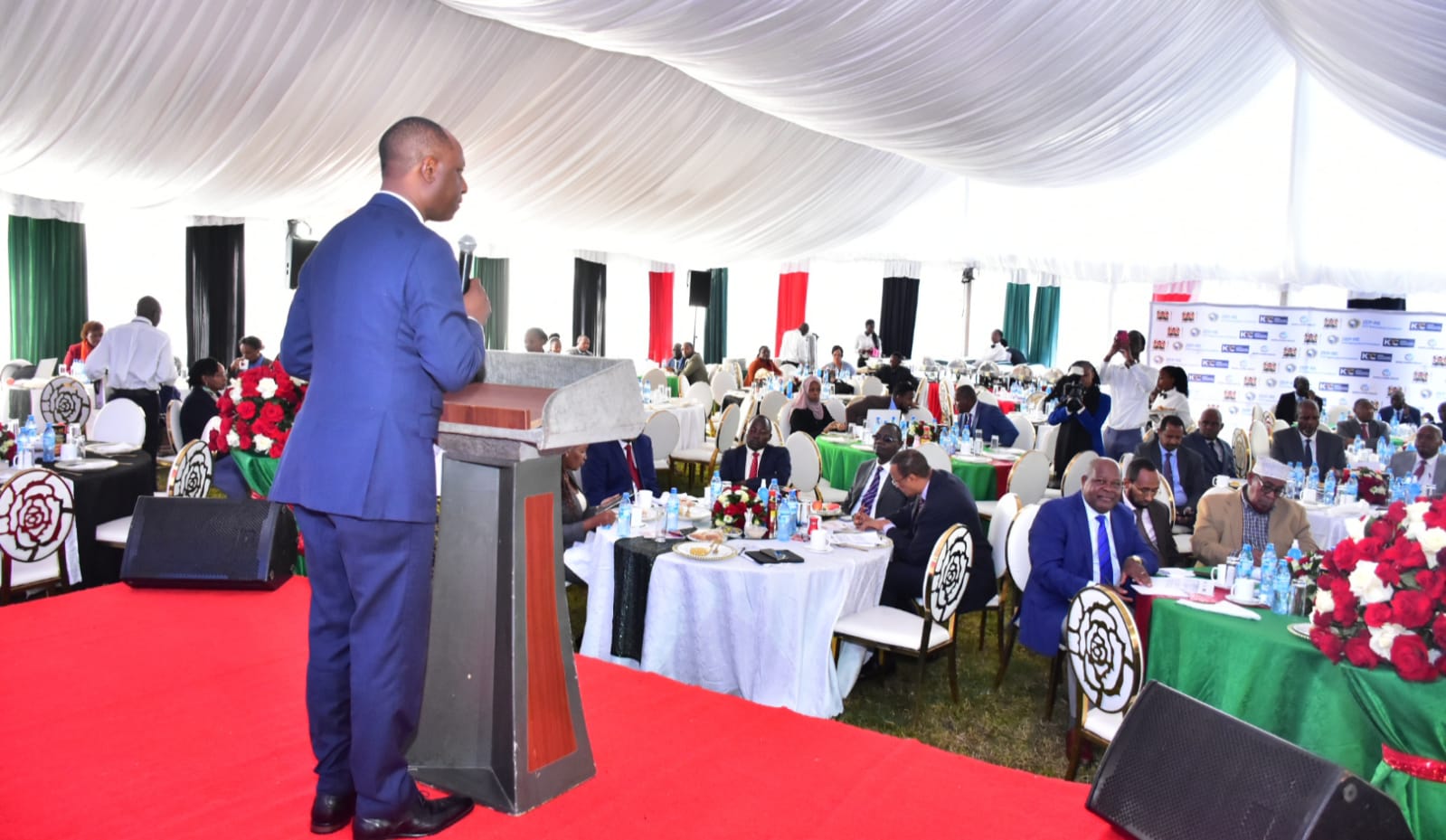Twenty one counties categorised as Arid and Semi Arid Lands (ASAL) will be the beneficiaries of a Ksh 19.6 billion ($140m) project that targets to boost their drought resilience and enhance their economic inclusion.
The De-Risking, Inclusion, and Value Enhancement of pastoral economies (DRIVE) project which is funded jointly by the Kenya government, ZEP-RE, Kenya Development Corporation (KDC), and the World Bank Group (WBG), targets
“The project is expected to have positive impact on enhancing the climate resilience of pastoral communities, addressing climate change, strengthening commercialization of livestock production, and ensuring the inclusion of the marginalized and vulnerable groups such as women and youth,” said Jonathan Mueke, Principal Secretary for Livestock Development.
The DRIVE project aims to de-risk pastoral systems at the primary level through an integrated package of financial services, including drought index insurance, savings, digital accounts and financial education, and at the value chain level through de-risking private sector investments that provide reliable markets to pastoralists.
Additionally, DRIVE is expected to create markets around the livestock value chain, enhance regional cooperation and peacebuilding, climate mitigation (improvement, fodder conservation, and increased productivity), and close the gender gap in access to financial services in the asal regions.
“We are excited about this project and confident of its potential to address vulnerability to climate shocks amongst pastoralists. It will empower pastoralists to introduce better livestock management and commercial practices. Subsequently, enabling local farmers to take advantage of Kenya’s vibrant livestock export opportunities,” added Norah Ratemo, KDC Director General.
The first component the project to the tune of Ksh 10.5 billion ($75m) will involve de-risking pastoral production through a package of financial services.
The package of financial services, include drought index insurance, savings for resilience, digital accounts and financial education and awareness creation.
“The project expands access of pastoralists to a package of financial services, so that they may receive insurance payouts in their accounts in case of severe drought and use their savings in case of moderate shocks,” said Hope Murera, ZEP-Re CEO.
The second component to the tune of Ksh 9.1 billion ($65m) will help pastoralists get better value for their livestock by upgrading standards and equipment to check the conformity of livestock and livestock products to international standards.
DRIVE project also targets to build the resilience of pastoral communities in Kenya, Ethiopia, Somalia and Djibouti.
About 250,000 households are expected to benefit from the project representing 1.6 million pastoralists and their dependents across the four countries over a five-year period.
By Frederick Azelwa.
